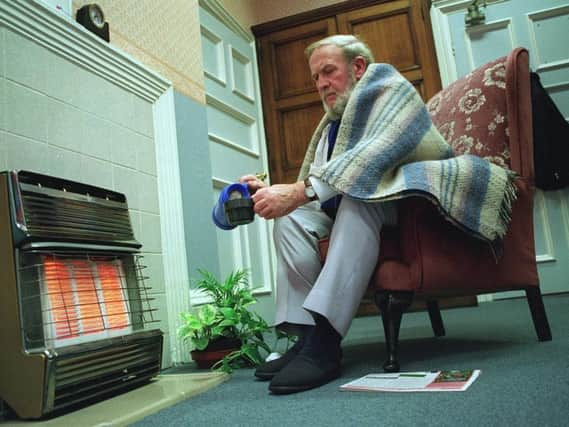12 per cent of Lancashire homes in fuel poverty


The specialist distribution systems are one of the key priorities identified in a county-wide energy strategy, commissioned by the area’s Local Enterprise Partnership (LEP).
Each individual network – which could extend across wide areas – is fuelled by a centrally-located source of power.
Advertisement
Hide AdAdvertisement
Hide AdThe resultant heat is then transferred to the buildings which require it, via pipes carrying hot water.
There is no need for boilers in each property – although individual buildings would retain the ability to control temperatures.
The aim would ultimately be for low carbon sources to power the networks – but, whatever their source, they are thought to have the capacity to reduce carbon emissions by making use of otherwise wasted heat from industry.
A report to be presented to an LEP committee states that Lancashire has so far not had as much “focus” on the potential of heat networks as other parts of the country – hence the failure to identify any viable schemes.
Advertisement
Hide AdAdvertisement
Hide AdLancashire is found to be well placed to enhance its existing off-shore wind power generation, with a centre of industry expertise having been developed at Blackpool and The Fylde College.
More than 77,000 – or 12.2 percent – of Lancashire households are classed as being in fuel poverty – greater than the averages for the North West and England and Wales.